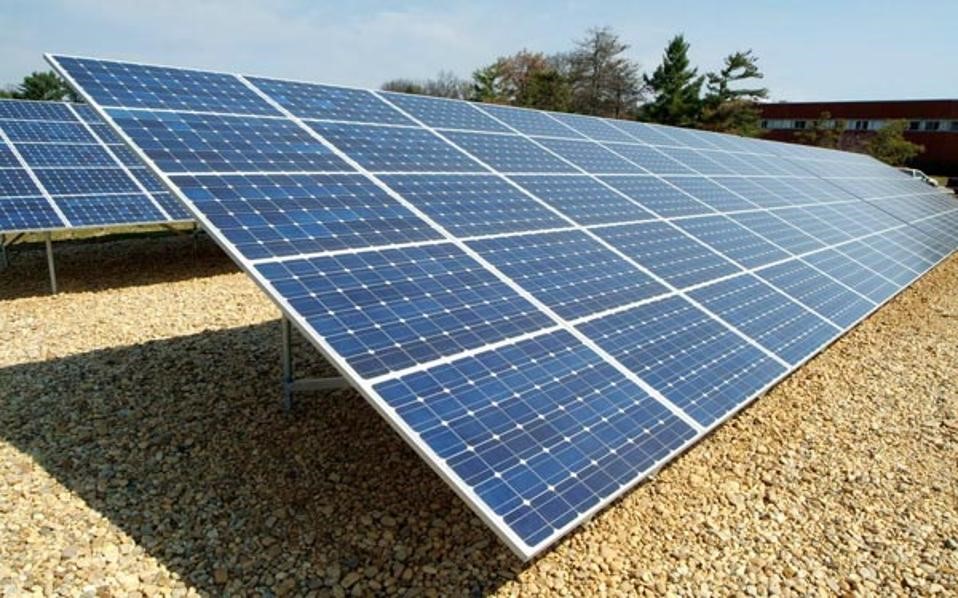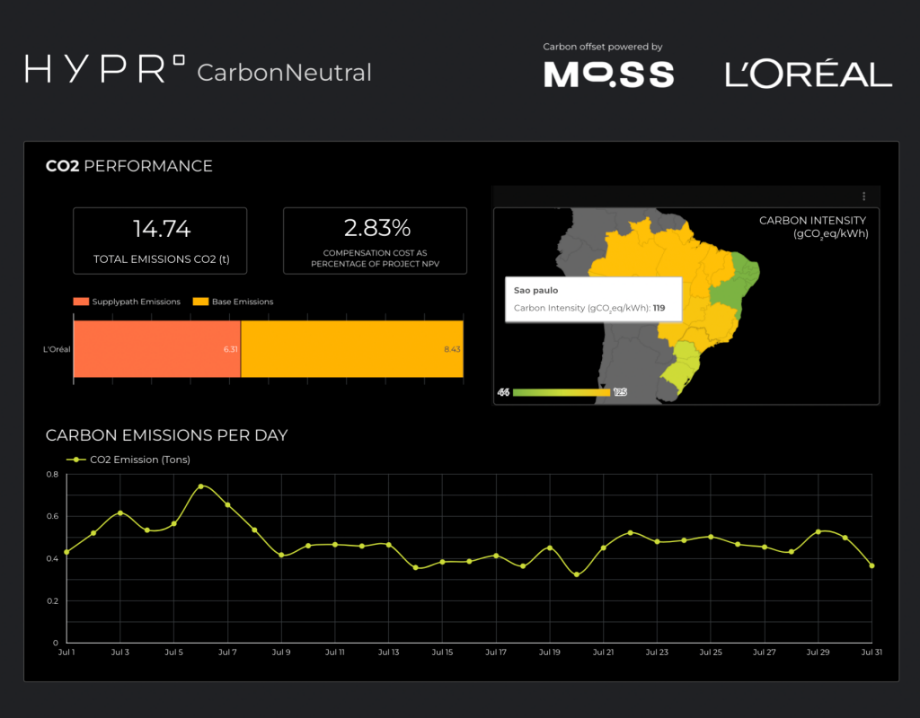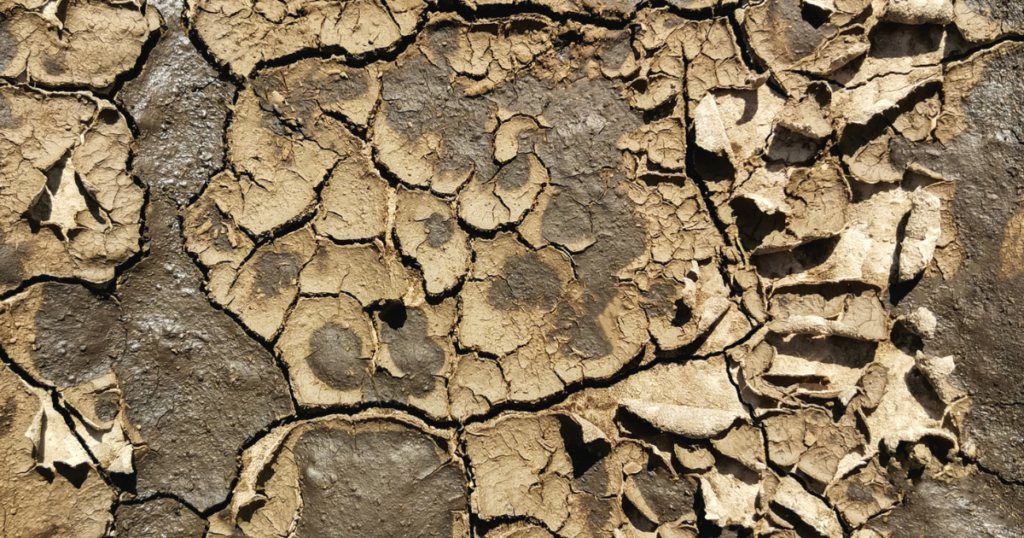With every activity we do in our daily lives, we release carbon dioxide into the atmosphere – it’s called the carbon footprint. When we all together produce more carbon than the planet can absorb, excess CO2 contributes to climate change. There are daily activities that increase our footprint and are not obvious at all, such as browsing the internet. While internet data is essentially invisible, it is processed and stored in large data centers across the world. These data centers consume power 24/7, just waiting to send information to our digital devices. All of this data that we’re used to quickly having at our fingertips, along with our constantly plugged-in mindset, ends up contributing to our digital carbon footprints. Assessing individual impact is not easy, but you can take steps to reduce it. Here are eight things you can do:
- Adjust the power settings
Set your computer to sleep or hibernate to save power when you are taking a break. Turning off your computer and completely turning off your monitor and printer when not in use will help you save even more.
- Lower the monitor brightness
A tip from the energy manager at Harvard Law School suggests that decreasing your monitor brightness from 100% to 70% can save up to 20% of the energy consumed. In addition, reducing glare reduces eye fatigue.
- Enable strict tracking protection
Data tracking services devour mountains of information. On almost every website you visit, data is transmitted to dozens or even hundreds of companies. Setting your preferences to the Strict setting will block most data transfers and processing. This also equates to less power being used, although some websites may not fully load.
- Download instead of streaming
Streaming music and videos increases your digital carbon footprint. Choosing to download instead of streaming means that you will only pull data from the server once.
- Reuse your surveys
Many search requests are browsing requests, meaning you’re not necessarily looking for something, but want to go somewhere you’ve been. Using search instead of simply going to the site sends information from your browser to the search engine’s servers, which process the data before returning the list of results to your browser. Instead of processing a survey, you can go directly to your destination and this will reduce the carbon footprint of your survey.
- Block video autoplay
Playing videos consumes more power. Why not nip the problem in the bud by preventing the playback of videos you don’t always want to watch?
- Offset your digital carbon footprint
Ecosia is a search engine that funds tree planting with the profit it makes from online research.
- Get bored
That’s right. Instead of using your cell phone whenever you are idle, daydream, watch people, or see life happening around you. Not only will you do a good deed for the environment (albeit a small one), but you’ll also do a good deed for your brain. Every little action we take today can lead to big changes in the future.



